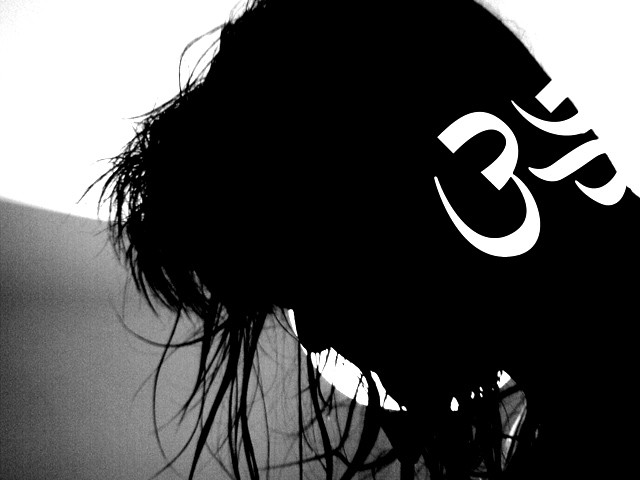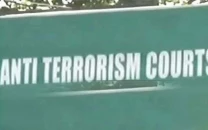Conversations: ‘Where is there a need to change somebody’s religion?’
FC College hosts a dialogue on the role of religion in politics.

The concept of a state in Islam, growing radicalisation and the co-existence of theocracy and democracy were amongst the questions asked by participants in a discussion at the Forman Christian College University on Thursday.
Titled The Role of Religion in Politics in Pakistan, this was the fourth discussion held under the Conversations series which allows faculty members and students to deliberate over a topic in an informal way.
“In Pakistan’s context, religion is an issue of great importance, especially after the Zia-era Islamisation,” Neelam Hanif, a lecturer at the English department said
Hanif said religious and sectarian minorities faced violence and harassment in the country. She also mentioned the recent vandalisation of Ahmadi graves in Lahore. “Where is there a need to challenge and change someone’s religion?” she asked.
Dr Ejaz Hussain, assistant professor at the political science department, opined that there was a long standing dispute over the definition of state within Islam. “Is there a single definition of Islamic state that we can all agree on?” he asked. He said many interpretations insisted on their view being authoritative.
Khizar Jawad, a lecturer at the history department, said it was necessary to understand the history of politics in Islam. “Muslims are confused regarding the role of politics in religion and the role of religion in politics,” he said. Jawad said after the demise of the Holy Prophet (PBUH), there was a political debate regarding the caliphate that later turned into an ideological one. This led to a division amongst Muslims towards the end of the Hazrat Usman’s caliphate. “If any particular school of thought is imposed in Pakistan, other schools of thought will oppose it,” he said.
Fahad Rehman, a lecturer at the psychology department, said there was a need to discuss the freedom for other religions practiced in Pakistan. “Do people from all religions enjoy the same privileges?” he asked. He said the problem lay in the idea that there is only one absolute truth and no possibility of respecting differing opinions.
“There is a bizarre mix of politics and religion in Pakistan,” said Dr Yaqoob Khan Bangash, the chairperson of the history department. He said there was a clear distinction between a theocratic and a democratic state. “You cannot have both theocracy and democracy at the same time,” he said.
Published in The Express Tribune, December 21st, 2012.



















COMMENTS
Comments are moderated and generally will be posted if they are on-topic and not abusive.
For more information, please see our Comments FAQ